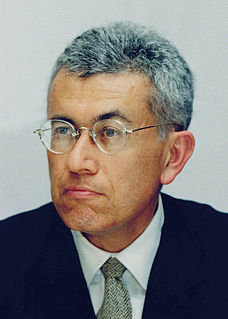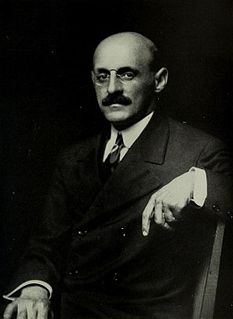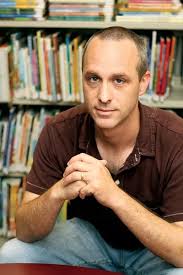A Quote by Roberto Unger
The scientist should treasure the riddles he can't solve, not explain them away at the outset.
Related Quotes
The objects you decide to keep, the ones that gave you the spark of joy? Treasure them from now on. When you put things away, you can actually audibly say, 'Hey, thank you for the good work today...' By doing so, it becomes easier for you to put the objects away and treasure them, which prolongs the spark of joy environment.
Since I stayed in a colony where either one was an engineer or a scientist, everybody thought I would be a scientist. This was the expectation everybody had apart from my parents. Honestly, I, too, wanted to be a scientist. I think it was the way Dad would explain us scientific theories and concepts that made the subject more intriguing.
They took away what should have been my eyes (but I remembered Milton's Paradise). They took away what should have been my ears, (Beethoven came and wiped away my tears) They took away what should have been my tongue, (but I had talked with god when I was young) He would not let them take away my soul, possessing that I still possess the whole.
The scientist is not responsible for the laws of nature. It is his job to find out how these laws operate. It is the scientist's job to find the ways in which these laws can serve the human will. However, it is not the scientist's job to determine whether a hydrogen bomb should be constructed, whether it should be used, or how it should be used. This responsibility rests with the American people and with their chosen representatives.
At no period of [Michael Faraday's] unmatched career was he interested in utility. He was absorbed in disentangling the riddles of the universe, at first chemical riddles, in later periods, physical riddles. As far as he cared, the question of utility was never raised. Any suspicion of utility would have restricted his restless curiosity. In the end, utility resulted, but it was never a criterion to which his ceaseless experimentation could be subjected.


































